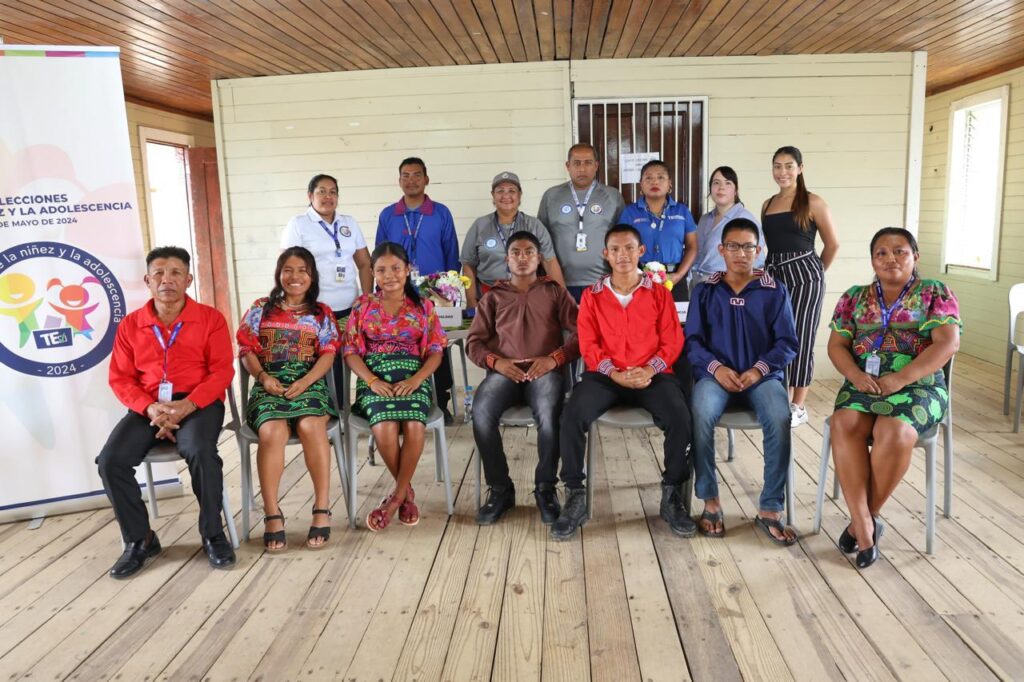Fellows Ariana Guerrero and Paulina Licon from the UT Embedded Scholars Program participated in post-election assessments in Panama this week in a delegation led by the Electoral Tribunal of Panama and the Institute of Democratic Studies (INED), evaluating initiatives implemented during Panama’s national election held 5 May 2024. Panama is one of at least 73 countries globally holding elections this year in what has been dubbed a global elections super-cycle, with half the world’s population going to the polls this year.
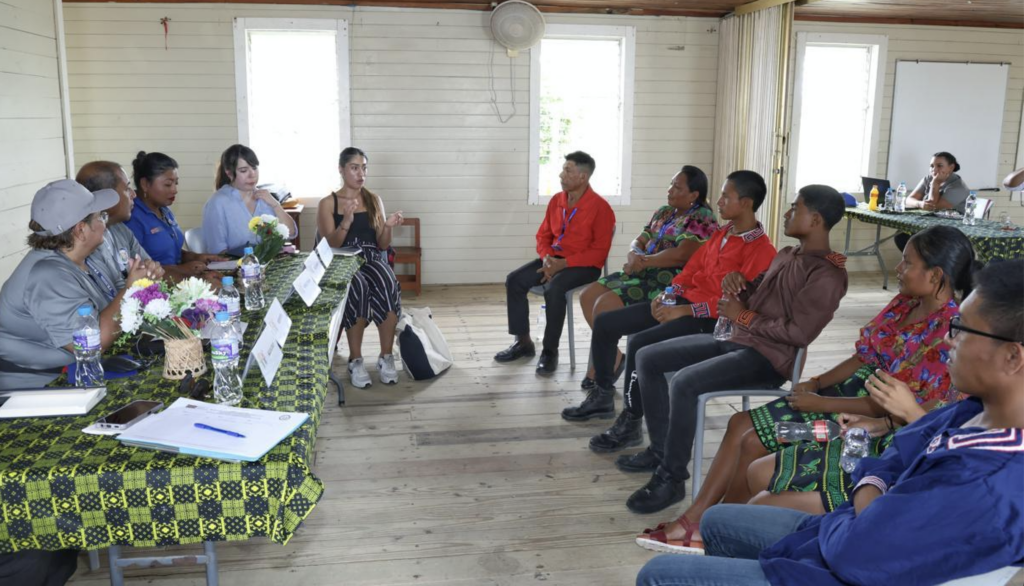
In addition to managing the election itself, the Electoral Tribunal of Panama used this year’s election as an opportunity to train and engage Panamanian youth in democratic election processes. Two programs led by the Tribunal’s Department of Citizen Training in Democracy engaged youth as polling station workers in the country’s election and as voters in a symbolic youth voting campaign.
One of last summer’s UT Embedded Scholars, Kaitlin Passafiume, helped plan the youth voting campaign that reached its culmination in this year’s election.
This summer’s UT fellows traveled with staff from the Electoral Tribunal and INED to evaluate the youth election initiatives. The evaluation focused on the programs’ effectiveness in indigenous areas in Narganá and Corazón de Jesús in the Guna Yala comarca and in Metetí in the Darién province.
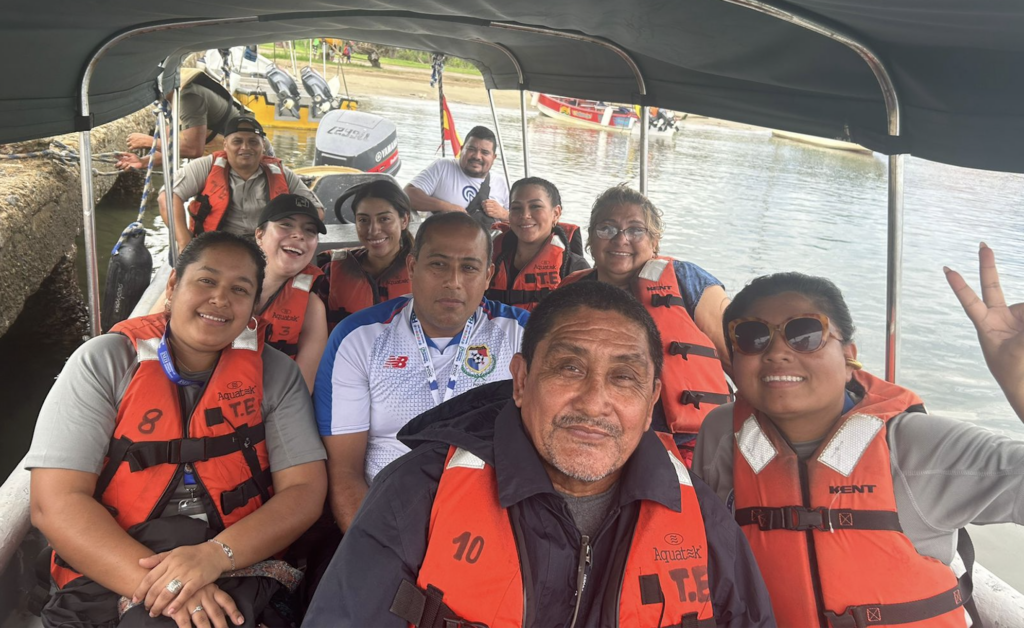
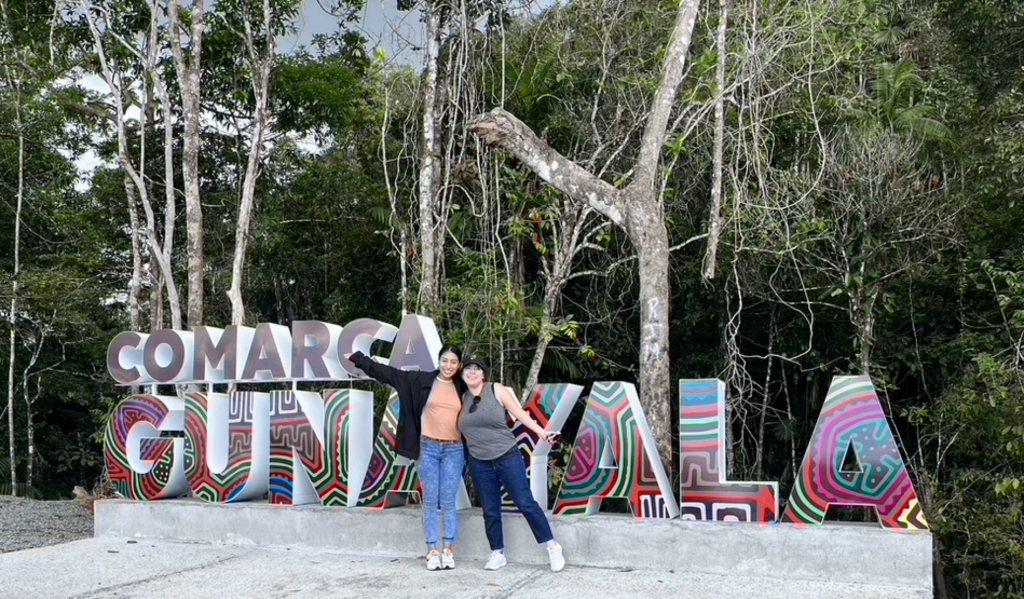
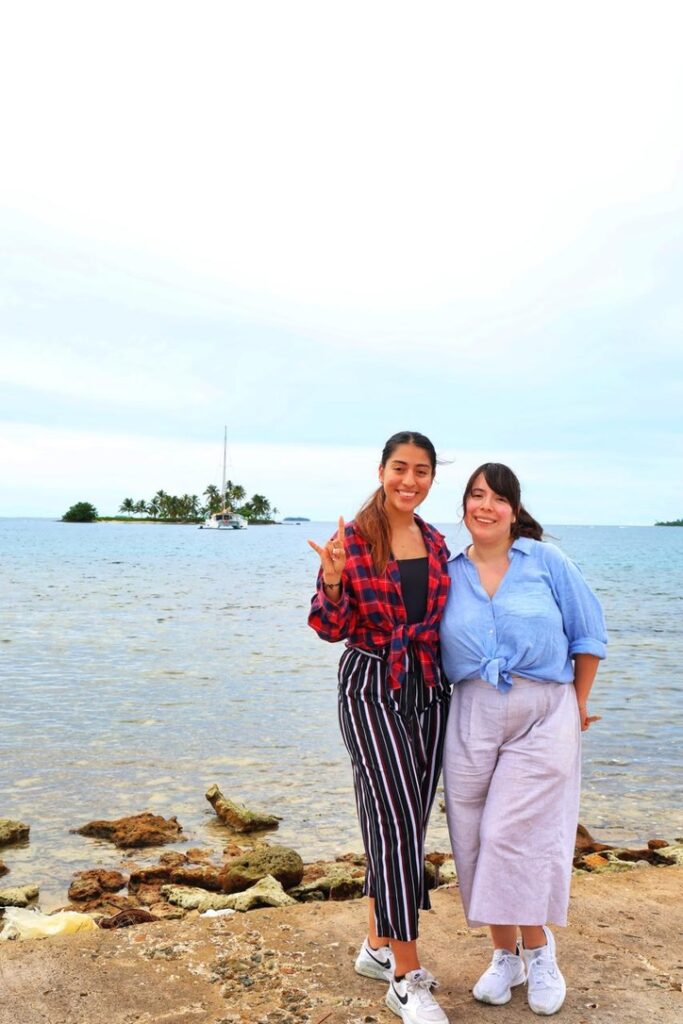
The Electoral Tribunal’s write-up on the trip explained that the youth election programs sought to “teach them how voting works” and “create awareness that when voting they must take into account honesty, responsibility, tolerance and equality.”
As part of the assessment of these programs, Guerrero and Licon interviewed students who took part in the elections, as well as local Electoral Tribunal volunteers and employees who were responsible for conducting the youth elections. They also worked on a report summarizing key takeaways from the evaluations and possible improvements for future elections.
